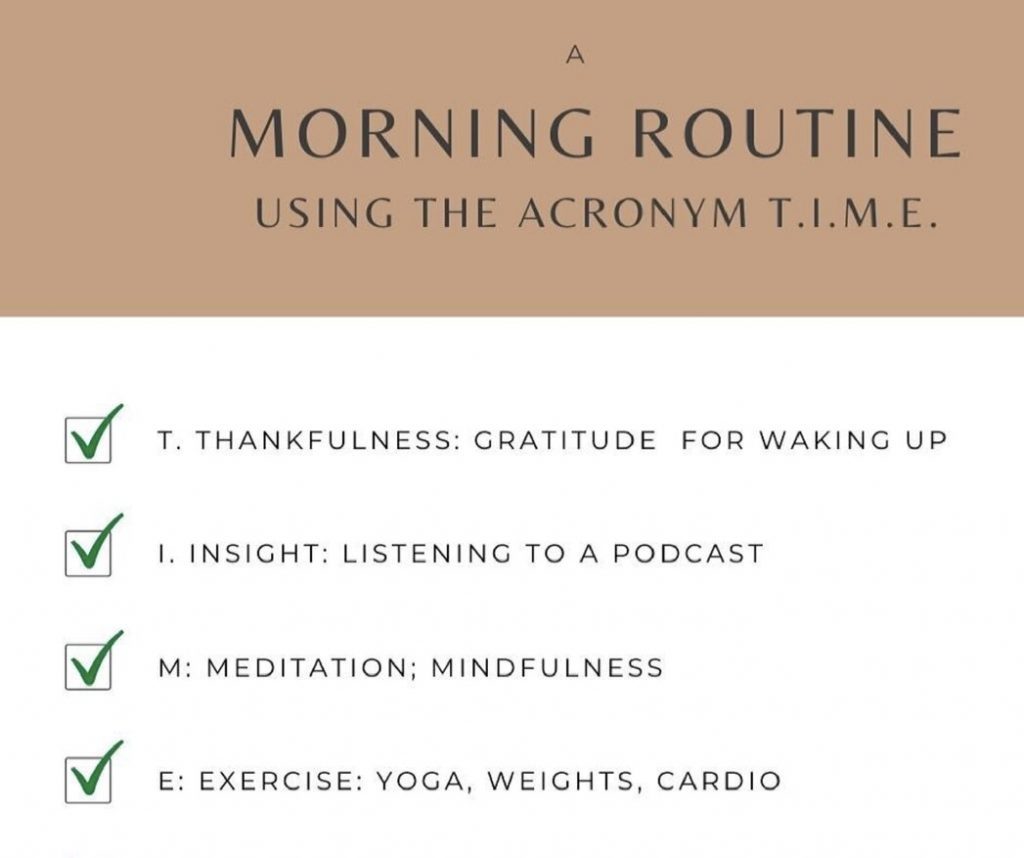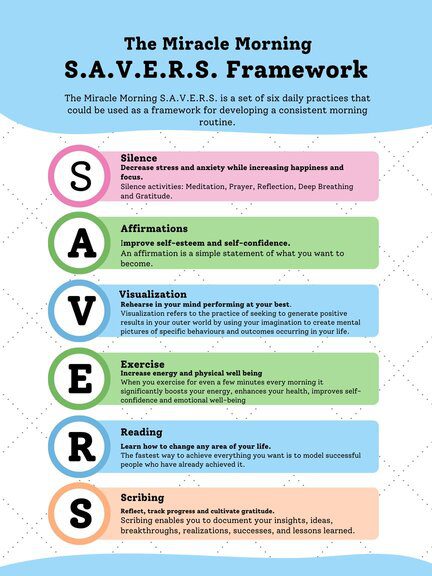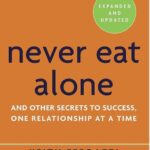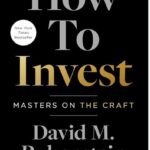“One hour per day of study will put you at the top of your field within three years. Within five years you’ll be a national authority. In seven years, you can be one of the best people in the world at what you do.” – Earl Natingale, Lead the Field
“One hour per day of study will put you at the top of your field within three years. Within five years you’ll be a national authority. In seven years, you can be one of the best people in the world at what you do.” Those were the words that changed my outlook and perspective on personal development. I was listening to Lead the Field by Earl Natingale in 2004 and the above words really resonated with me. Since I heard those golden words, I have been on a journey of personal growth, self-improvement, and life-long learning. I am naturally curious and it is the curiosity that has led me to read as much as I can. Since 2016, I have been experimenting with reading/listening to 100 books every year. I have lots of weaknesses I want to work on and strengths I want to solidify.
At the core of my personal growth journey is the need to become more self-aware. As Chinese general and strategist, Sun Tzu said in his book; The Art of War: “If you know the enemy and know yourself, you need not fear the result of a hundred battles. If you know yourself but not the enemy, for every victory gained you will also suffer a defeat. If you know neither the enemy nor yourself, you will succumb in every battle.” Self-awareness is one of the keys to becoming successful in life and business. Since listening to that Ear Natingale tape, I have committed to listening to or reading a book for at least 1 hour every day. One hour per day is equal to 7hours, 30 hours /month, and 365 hours per year.
For example, I try to read 100 non-fiction books every year that cut across different genres such as productivity, biographies, psychology, and wellness among others. By dedicating, 2 hours a day to studying these materials; one can finish at least two books per week and ultimately 100 books per year. People often wonder how I am able to read 100 books per year and still summarize the books read. Like I often say, we all have the time, the question is “What are you doing with your time?”. I am committed to becoming a better version of myself, hence I prioritize my personal my personal development and growth. As the founder of Microsoft, Bill Gates once said “Most people overestimate what they can do in one year and underestimate what they can do in ten years.’ If I continue at the present rate I am reading, in ten years I would have read at least 1,000 books.
The point is not the number of books am able to read over a long period of time but the discipline and commitment that it requires. By developing a growth plan and committing to it, you begin to see yourself and someone who is committed to their growth. That confidence will help you in becoming proficient in other areas of your life. As the saying goes, how you do one thing is how you do every other thing. The self-discipline that is required to read 100 books in a year is what is required to train for a marathon, write consistently, exercise daily, and achieve any goal you set your mind towards.
Using Frameworks
One of the tools that have helped me in the process of developing a growth plan is the following frameworks: The T.I.M.E Framework and the SAVERS Framework.
I discovered the T.I.M.E Framework from reading English author and former Hindu monk, Jay Shetty‘s book: Think Like a Monk: Train Your Mind for Peace and Purpose Every Day. Jay recommended having a morning routine based on the TIME framework. He advised every morning making some time for:

- Thankfulness. Express gratitude to someone, someplace, or something every day. This includes thinking about it, writing it, and sharing it.
- Insight. Gain insight through reading the paper or a book, or listening to a podcast.
- Meditation. Spend fifteen minutes alone, breathing, visualizing, or with sound.
- Exercise. You can do yoga as most monks do, but you can do some basic stretches or a workout.
The TIME framework has been life-transforming for me personally as I try to spend my time following the framework daily. My growth plan is somewhat based on using my time like this:
- Thankfulness: I start my day by filling out a gratitude journal where I note the things am grateful for and things I want to attract in my life.
- Insight: I try to read for at least 1-2 hours daily by using the following mediums: eBook, Kindle, audiobook, and hardcover books. I also listen to a podcast once every day.
- Meditation: I meditate for at 15-20 minutes every morning using the Calm App. Jay Shetty and Tamara Levitt’s guided meditations are my favourites.
- Exercise: I average 2-3 hours daily of exercise across multiple sports such as swimming, running, weightlifting, basketball, pickleball, volleyball, cycling, and badminton.

In Hal Elrod’s book, The Miracle Morning: The Not-So-Obvious Secret Guaranteed to Transform Your Life (Before 8 AM), he recommended a framework he called The SAVERS Framework which is an acronym for Silence. Affirmations, Visualization, Exercise, Reading, and Scribing. He advised using the SAVERS framework for implementing a morning routine.
- Silence – Decrease stress and anxiety while increasing happiness and focus.
- Affirmations – Improve self-esteem and self-confidence.
- Visualization – Rehearse in your mind performing at your best.
- Exercise – Increase energy and physical well-being
- Reading – Learn how to change any area of your life.
- Scribing – Reflect, track progress, and cultivate gratitude.
The SAVERS framework has been pivotal in implementing my growth plan as I have been able to read, write, meditate, exercise and stay in the moment as a result of it. Having a growth plan and implementing requires staying consistent and committed to the goal of Constant And Never Ending Improvement (CANI). The above frameworks might look simple but they can be hard to implement consistently over a long period of time.
Meditation
- Daily Calm with Tamara Levitt – Mending Hearts
- Isn’t it funny that we are most hurtful with the people we love the most? It is often those closest to us that make us the most furious because they have the greatest access to our hearts and our triggers. Self-awareness can offer us clarity about our deeper pain and it can prevent us from damaging our relationships.
‘Apologies aren’t meant to change the past, they are meant to change the future.’ – Kevin Hancock
- Daily Jay with Jay Shetty – Say What You Need to Say
- When people look back on their lives, one of the common regrets is not speaking up and holding back the feelings that they want to share. Let go of your fear of the response, reach out and say what you need to say.
Podcast
- HOLLYWOOD Executive: Success Was NOT What I Thought It Would Be! | Ari Emanuel



Comments are closed.